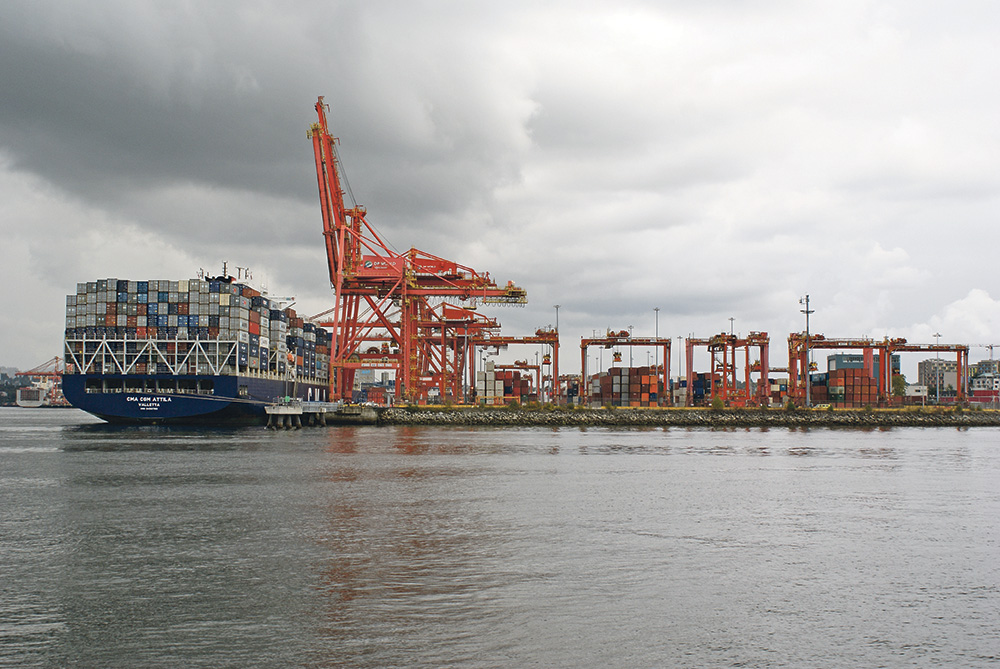Exporters who move perishable food such as pork want their shipments moved quickly now that port strike has ended
Container shippers are looking for assurances from the federal government after a costly labour disruption at Canada’s west coast ports.
Manitoba Pork wants Ottawa to spearhead a comprehensive recovery plan, ensuring shipments of perishable foods will be expedited now that there is a tentative agreement between the British Columbia Maritime Employers Association and ILWU Canada.
A ratification vote was scheduled for the end of this week, after Western Producer print deadlines. Updates will be posted on our website.
Manitoba ships $730 million of pork through west coast ports every year.
Read Also

Short rapeseed crop may put China in a bind
Industry thinks China’s rapeseed crop is way smaller than the official government estimate. The country’s canola imports will also be down, so there will be a lot of unmet demand.
“A lot of that is high-value chilled pork, which can’t sit on the docks forever,” said Manitoba Pork general manager Cam Dahl.
“It has a window before those containers need to be pulled and the product frozen or disposed of in some other way.”
He has heard estimates it will be mid- to late-October before the system has fully recovered from the disruption.
The flow of containers from Asia has stopped and it will take a while to get things moving again.
“The recovery time is significant, and the impact is significant,” he said.
Transport Canada was contacted for this story but was unable to meet The Western Producer’s publication deadline.
The ILWU strike only affected containerized shipments of agricultural products.
Bulk grain is protected by clause 87.7 of the Canada Labour Code that states longshore workers must continue to provide the services they normally provide to “ensure the tie-up, let-go and loading of grain vessels at licensed terminal and transfer elevators, and the movement of the grain vessels in and out of a port.”
Dahl said the pork industry wants the federal government to offer shippers of perishable products the same protections.
“We can’t let this happen again,” he said.
A spokesperson for Canadian labour minister Seamus O’Regan said the minister is unable to comment until the deal is ratified.
Jeff English, vice-president of marketing and communications with Pulse Canada, said about one-third of Canada’s pulses are shipped to overseas markets in containers, primarily through the Port of Vancouver.
He said the tentative agreement came about three weeks too late.
“Our preference would be to see these things handled well in advance,” said English.
Pulse Canada supports the idea of having containerized agricultural commodities included under clause 87.7 of the Canada Labour Code if there is “enough critical mass” to accomplish that objective.
“That’s an option, but it’s certainly not the only option,” said English.
Pulse Canada is a member of the Western Canadian Shippers’ Coalition, an organization that represents exporters of all types of products.
That group will discuss the fallout of the recent strike and what can be done to ensure future labour disputes are resolved before they escalate.
“We like to have those kinds of conversations in co-operation with the full supply chain,” he said.
English said it is undeniable that the strike has further tarnished Canada’s reputation as a reliable supplier.
“You can’t have your most important port shut down for three weeks and not have other countries take notice,” he said.
It is undermining Canada’s strength, which is delivering quality food products around the globe.
“The quality has never been the issue, it’s more the delivery service,” said English.
















